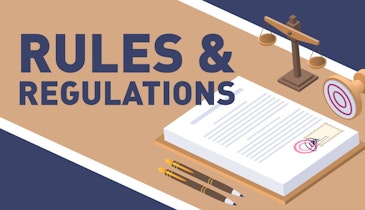Recognizing the impact of weather conditions on construction projects at the start of a new year is the best time to prepare your team for the unexpected. Contractors should aim to educate and empower all professionals in the industry by enhancing safety, productivity and project...
Why January Is the Best Time to Create an Inclement Weather Plan
Popular Stories
Discussion
Comments on this site are submitted by users and are not endorsed by nor do they reflect the views or opinions of COLE Publishing, Inc. Comments are moderated before being posted.






